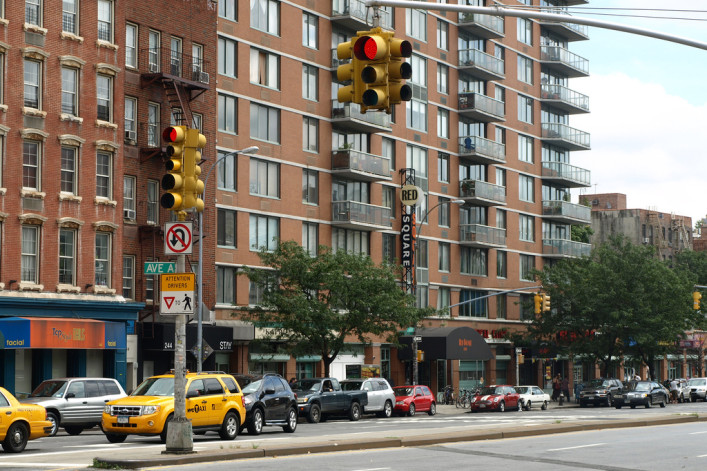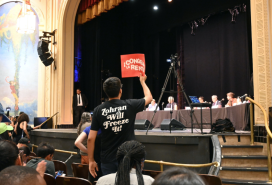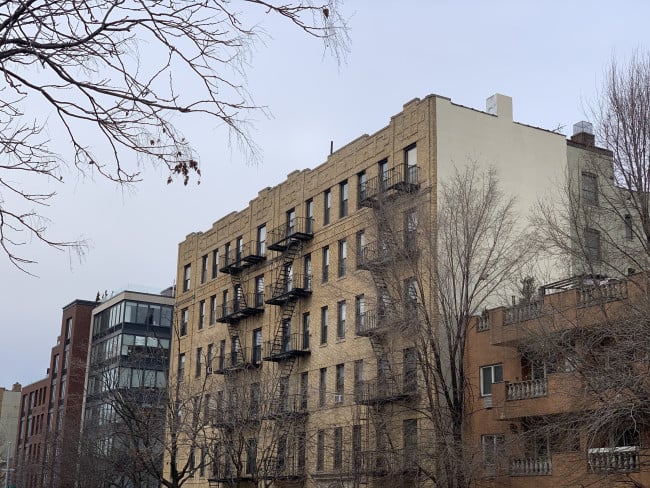I want to move out of my rent-stabilized apartment. Can I get a buyout?

You may want to seek a buyout sooner rather than later, our experts say.
I am subletting my rent-stabilized apartment and my lease with the landlord is expiring in a month. Can I charge the 1.5 percent rent increase to my subtenant upon a one-year lease renewal? Also, I am thinking of not returning after holding the lease for two decades. Is it possible to get a buyout in this situation? When is the right time to ask for one?
Time is of the essence, and it's in your best interests to start negotiating a buyout now, our experts say.
First, familiarize yourself with the rules for subletting a rent-stabilized apartment in NYC, and make sure you are abiding by them. One such rule is that you cannot overcharge your subtenant for rent.
"The rent stabilized tenant cannot charge more than the rent paid to the landlord under the lease or renewal, unless the tenant’s furniture is included in the deal, in which case the tenant can charge 10 percent more than the rent paid to the landlord," says real estate attorney Steven Wagner of Wagner Berkow (a Brick sponsor). "Anything in excess of these amounts is considered profiteering, and could result in the termination of the lease and eviction of the tenant."
He adds that if your lease is renewed at an increase of 1.5 percent, you can pass that along to your subtenant.
Another potential hiccup with your current arrangement is that you could be at risk of being evicted if your rent stabilized apartment is not your primary residence.
"Permission from the landlord to continue the sublease does not protect the rent stabilized tenant from a claim that the apartment is no longer his or her primary residence. The tenant may want to consult with an attorney about this," Wagner says.
If your landlord can claim that the apartment is not your primary residence, that could present challenges for you in negotiating a buyout. There are other factors to consider, as well, like whether your landlord may be intending to sell your building or needs to refinance its mortgage, that could influence your ability to get a buyout.
"If the owner knows you may want to leave, they may simply wait you out," points out Deanna Kory, a broker with Corcoran. "There are exceptions. For example, if a landlord wants a better price on a building that they have on the market, a vacant apartment may help him achieve a higher sales price. Or if the landlord needs higher rental values to be able to get a new or additional mortgage on the building, that is another reason they might consider a buyout."
For these reasons, an important first step is to look into the circumstances of the landlord and your building, she says. Consulting with brokers and real estate attorneys can help you determine whether it will be feasible to negotiate a buyout.
Once you have more information, you'll need to decide whether to ask for the buyout now, or move back into the apartment and give it a year or two so that you're in a stronger position for negotiation.
"I would recommend the tenant either try to negotiate a buyout now or take a two-year lease and move back into the apartment the second year or sooner," Wagner says. "Moving back into the apartment may not end the landlord’s claim that the tenant did not use the apartment as his or her primary residence, but it will certainly help to have the tenant back in possession if the landlord challenges primary residence at the end of the renewal term."
Trouble at home? Get your NYC apartment-dweller questions answered by an expert! Send us your questions at experts@brickunderground.com.
For more Ask an Expert questions and answers, click here.
You Might Also Like






























